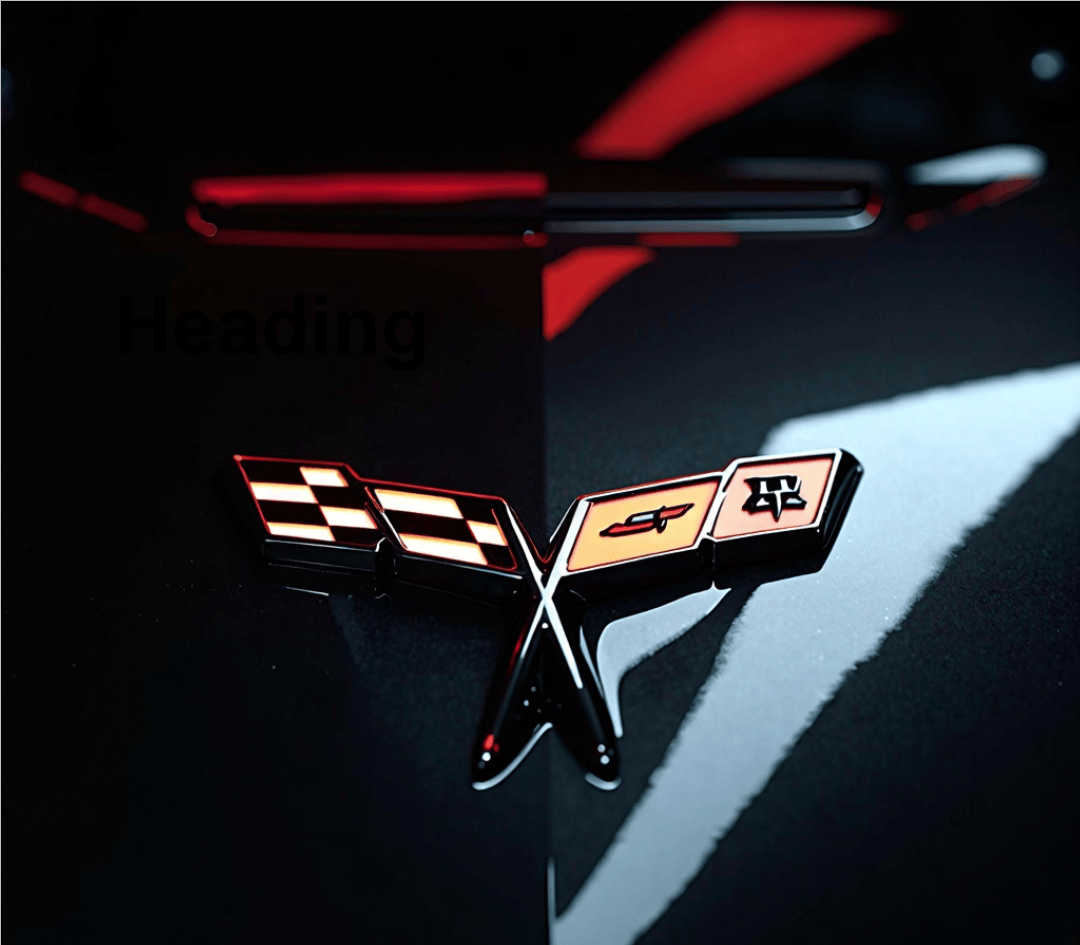
Understanding the No-Reserve vs. Reserve Auction Dynamics
As a car enthusiast, the thrill of bidding on your dream Chevrolet Corvette is a sentiment shared across generations. But in the world of auctions, the strategy behind how you sell that coveted vehicle can yield starkly different results. This article explores the ongoing debate between no-reserve auctions and reserve auctions, a crucial topic for buyers and sellers alike in the car community.
What is a No-Reserve Auction?
No-reserve auctions mean that the seller has opted to let their vehicle go to the highest bidder, regardless of the final price. This strategy is designed to create excitement and urgency around the auction, potentially driving up the final sale price. Some believe that such auctions generate more hype, attracting a larger pool of interested buyers willing to bid aggressively, especially for coveted collectibles like Corvettes.
How Does a Reserve Auction Function?
Conversely, a reserve auction allows sellers to set a minimum price, ‘the reserve’, ensuring they don’t sell their vehicle for less than what they deem acceptable. While this might limit buyer engagement at the start, it allows for a safety net for the seller, which is particularly appealing when dealing with high-value items like classic cars. The ongoing analysis attempts to quantify whether this strategy ultimately leads to higher sales prices compared to their no-reserve counterparts.
Insights from CorvSport's Ongoing Series
In CorvSport's recent auction bouts, the outcomes have reignited discussions on these auction styles. In Bout #6, two 'Vettes emerged victorious in their rounds, bolstering the case for no-reserve auctions. Although in prior rounds, reserves had a notable advantage, the last bout saw a shift in momentum. For instance, the 2000 Corvette Fixed Roof Coupe sold for under reserve at $16,500, while its reserve counterpart commanded $19,750 — a clear statement of the results garnered from auction strategies.
Why Bidding Strategy Matters
For many enthusiasts, the thrill of bidding and the competitive nature it nurtures is a recipe for memorable experiences. Auction strategies can drastically affect not just the sale price, but also the number of bids received and overall bidder interest. The dynamics of this venture speak volumes about the emotional attachment and financial strategies that surround Corvette ownership.
Takeaways for Potential Buyers and Sellers
For those considering selling their Chevrolet Corvette, it’s crucial to weigh the pros and cons of each auction method. If you’re confident in the market value of your car, a reserve auction may help you secure the price you desire. However, if your goal is to attract a larger audience quickly, a no-reserve approach could yield faster results with potentially higher excitement — even if it means letting go at a lower price than expected.
Key Factors to Consider When Choosing an Auction
- Market Trends: Always keep an eye on market evaluations for different Corvette models to gauge potential outcomes.
- Auction Performance: Research past auction results to inform your decision. As seen in the recent CorvSport bouts, trends can shift quickly.
- Personal Financial Safety: Assess how critical it is to you not to undersell your car.
Future Predictions: Where Will the Market Go?
Looking forward, it’s expected that as the vintage car market grows, so too will interest in various auction methods. With newer technologies emerging in the bidding process, including real-time bidding via mobile apps, the experience for both buyers and sellers may evolve further. Who knows? Future auctions might transform into an experience appeal, rewarding the engagement of true car enthusiasts.
Join the Movement!
Ready to take part in the excitement? Join CorvSport's next auction match-up and witness firsthand how your favored strategy plays out. Whether you’re a bidder or an observer, there’s much to glean from these ongoing competitions. And if you’re contemplating selling your beloved Corvette, be sure to strategize wisely - the road ahead is both thrilling and rewarding!
 Add Row
Add Row  Add
Add 




Write A Comment